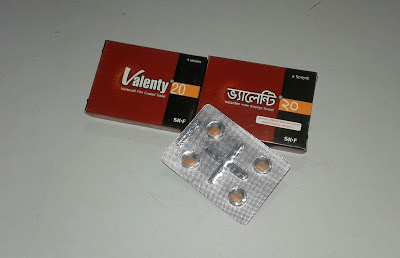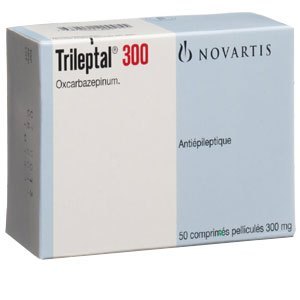-
×
 Clear Men Anti-Dandruff | 330 ml
3 × ৳ 450.00
Clear Men Anti-Dandruff | 330 ml
3 × ৳ 450.00 -
×
 Carex Classic Condoms | 3 pieces
1 × ৳ 35.00
Carex Classic Condoms | 3 pieces
1 × ৳ 35.00 -
×
 Closeup Ever Fresh Anti Germ Toothpaste | 45 g
1 × ৳ 50.00
Closeup Ever Fresh Anti Germ Toothpaste | 45 g
1 × ৳ 50.00 -
×
 Clean & Clear Foaming Face Wash | 50ml
1 × ৳ 140.00
Clean & Clear Foaming Face Wash | 50ml
1 × ৳ 140.00 -
×
 Boost 3X More Stamina Jar | 400 g
2 × ৳ 390.00
Boost 3X More Stamina Jar | 400 g
2 × ৳ 390.00 -
×
 Clean & Clear Foaming Face Wash 100ml
2 × ৳ 240.00
Clean & Clear Foaming Face Wash 100ml
2 × ৳ 240.00
Subtotal: ৳ 2,835.00






Reviews
There are no reviews yet.